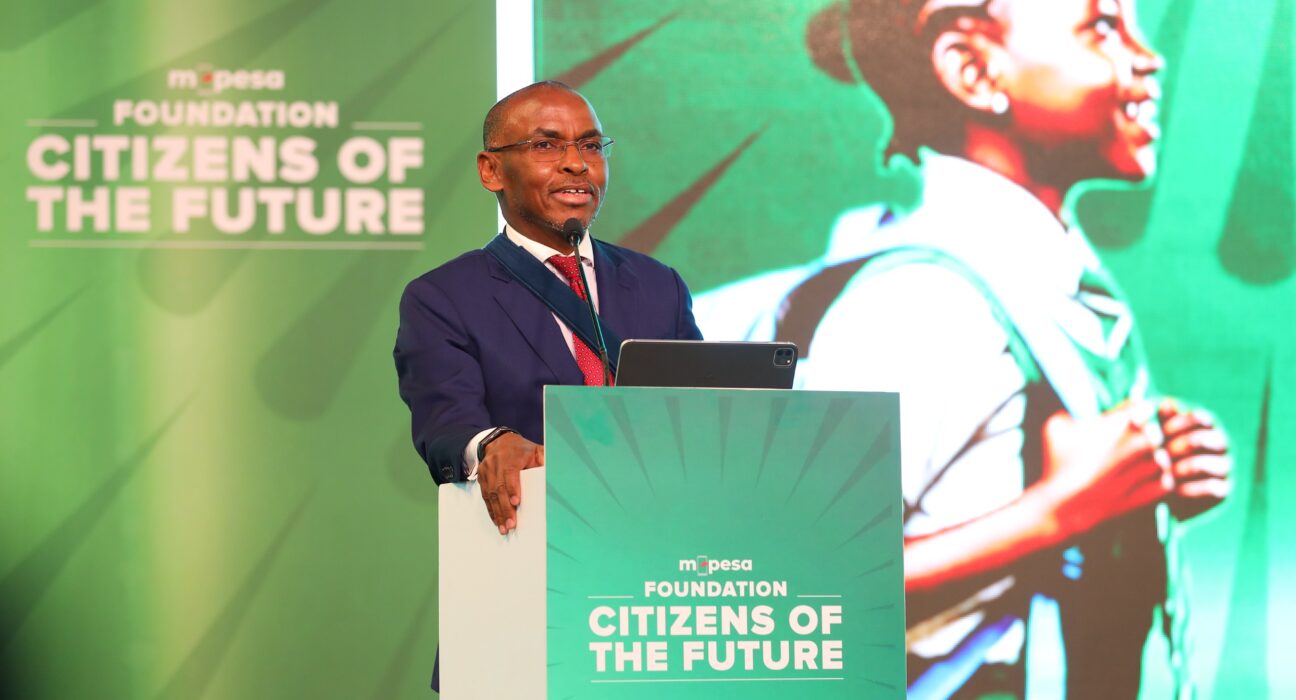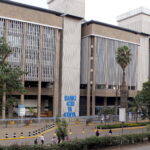Safaricom, through the M-PESA Foundation, has unveiled a KES 30 billion education programme aimed at transforming Kenya’s education landscape over the next five years. The initiative, dubbed “Citizens of the Future,” will focus on modernising learning infrastructure, integrating digital technologies, skilling teachers, and expanding access to education across the country.
The programme will support over 600 learning institutions and offer 10,000 scholarships to students in senior secondary and tertiary levels, advancing Safaricom’s commitment to inclusive, technology-driven learning.
“We have developed education interventions that seek to bridge the gap through innovation and material support. Under the Citizens of the Future Programme, we are consolidating our initiatives to ease access to education from early learning to technical and vocational training — in an initial investment of about KES 30 billion in the next five years,” said Peter Ndegwa, CEO of Safaricom.
Modern “Schools of the Future”
The initiative will establish model institutions branded as Schools of the Future — sustainably built, digitally integrated, and inclusive of learners with special needs. These institutions will showcase new learning models aligned with Kenya’s evolving skills demands and the Fourth Industrial Revolution.
“We are witness to what quality education can do for communities and therefore owe our learners and teachers an enhanced experience. We are going beyond supplementing education to transforming it,” said Nicholas Nganga, Chairman of the M-PESA Foundation.
Bridging Public-Private Gaps in Education
Kenya’s education system, while receiving KES 628.6 billion in the FY2023/24 budget (representing 20.7% of national revenue and 4.7% of GDP), still faces persistent gaps in infrastructure, teaching resources, and capitation funding. Safaricom’s investment signals growing private-sector involvement in national education priorities, complementing public sector efforts to improve quality and accessibility.
The government has increasingly looked to the private sector to provide technical, digital, and financial support to improve education outcomes and align curricula with modern economic needs.
Digital Integration and Future-Readiness
“Our objective under Citizens of the Future is to enable every region to have a model institution that not only trains for academic excellence but also moulds future-ready learners through digital integration,” said Michael Joseph, Trustee, M-PESA Foundation.
“This comes at a defining moment as we celebrate 25 years of Safaricom — a journey anchored on our enduring purpose to transform lives.”
Public Participation and Nominations
Kenyans have been invited to nominate learning institutions deserving of the programme’s support through citizenofthefuture.org. Nominations will remain open for a month, after which shortlisted schools will undergo evaluation based on a set of eligibility criteria.
Safaricom’s Broader Education Footprint
The launch builds on over KES 29 billion in education investments by Safaricom and the M-PESA Foundation over the past two decades, which have benefited more than 4 million learners nationwide through scholarships, digital learning tools, and school infrastructure programmes.
The Citizens of the Future initiative marks a new chapter in Safaricom’s education agenda, positioning the company as a key private-sector driver of human capital development and digital literacy in Kenya’s knowledge economy.





